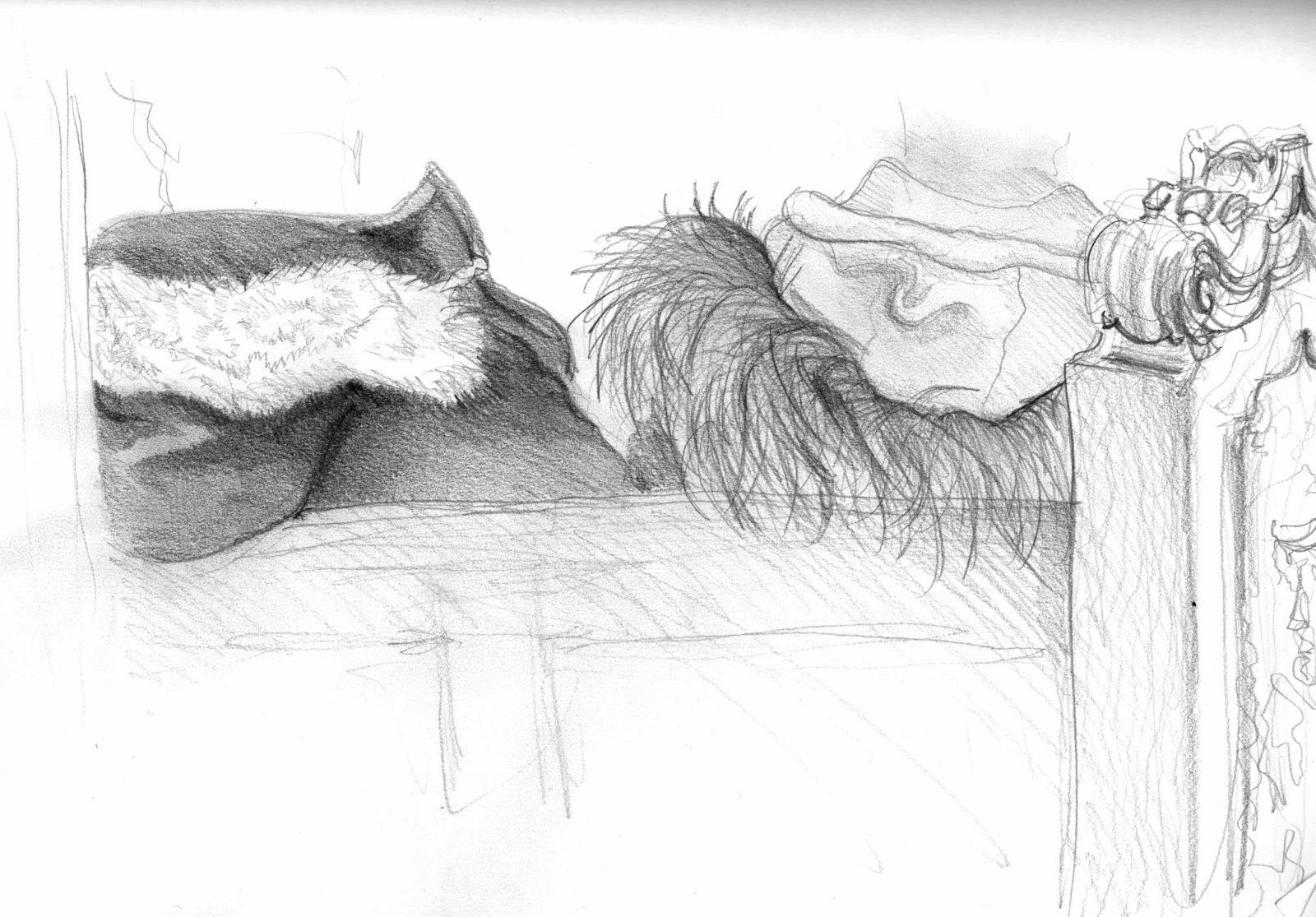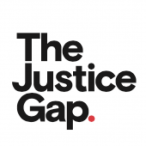The miscarriage of justice watchdog has called for a review of the role of juries highlighting the absence of reasoning for verdicts as an impediment to progress on referring cases of those wrongly convicted under joint enterprise. In a submission to the House of Lords’ Constitution Committee inquiry into COVID-19, the Criminal Cases Review Conviction (CCRC) argued that the pandemic has led to debate ‘whether small juries or trials in the absence of a jury may be a viable option’ to help clear the backlog of cases.
The group highlighted its own problems reviewing joint enterprise cases in the aftermath of the 2016 Jogee ruling in which the Supreme Court held that the controversial law had taken ‘a wrong turn in 1984’. Lord Neuberger handed down judgment saying: ‘This court is always very cautious before departing from a previous decision. It is the responsibility of this court to put the law right.’
The miscarriage of justice watchdog in its 2018 annual report reported that it received 103 applications based on the ruling. ‘Since the Supreme Court’s decision in 2016, only two convictions under the “old” law have been quashed by the Court of Appeal,’ the CCRC said in its new report. ‘In the CCRC’s view, were juries required to give reasons, there would be considerably more certainty as to the safety (or otherwise) of any conviction reached under the “old” law.’
According to CCRC, it is ‘extremely challenging’ to demonstrate that the correct legal direction ‘would, in fact, have made a difference without first knowing on which basis the jury reached their original decision’ . ‘The act of examining the jury’s verdict and seeking to infer findings of fact is fraught with difficulty and, arguably, unsatisfactory in an appellate system which relies upon the primacy of the jury’s verdict,’ it continued.
The barrister Felicity Gerry QC, who was lead counsel in the Jogee case, is critical of the watchdog’s approach to the cases. ‘About a thousand people remain in prison wrongly convicted,’ she told the Justice Gap. ‘Rather than challenge the approach of the Court of Appeal, the CCRC has taken the disappointing approach of accepting the injustices perpetuated by the court in choosing factual options to uphold wrongly achieved convictions. It is remarkable that the CCRC is seeking clarity on reasons for jury verdicts instead of arguing that convictions are unsafe. Perhaps that shows how wrong the Court of Appeal must be.’
Gerry argues that upholding guilty verdicts ‘when at least one option given to a jury is incorrect, especially when one option is wrong in law seems contrary to the very purpose of a second appeal’. ‘It might have been better for the CCRC to be plainer on how they have found themselves unable to refer unjust cases post Jogee,’ she added.
The CCRC highlighted a number of instances of cases which raised serious concerns about the conduct of juries, including a robbery trial in which the foreman contacted the court expressing concern that they had returned the wrong verdict. ‘Interviews with the jury less than a month after the trial resulted in a confused and contradictory response as to what the correct verdict was,’ the CCRC reported. ‘The CCRC also discovered that nine members of the jury were part of a “WhatsApp” group.’ The Court of Appeal quashed the conviction. In another case, a prison officer sat on a jury where the defendant was held on remand at the prison where they worked unbeknown to the judge.
The watchdog argues that the ‘secret nature’ of jury deliberations means that the system is ‘reliant on a member of the jury “blowing the whistle”’ on any errors. According to the CCRC, its work is often ‘complicated’ by the jury system and the ‘absence of reasons for their verdicts’. Any change to the deliberations would help tackle the challenge in ‘demonstrating that the correct legal decision’ was reached ‘without first knowing on which basis the jury reached their original decision’.
You can read the report here.







